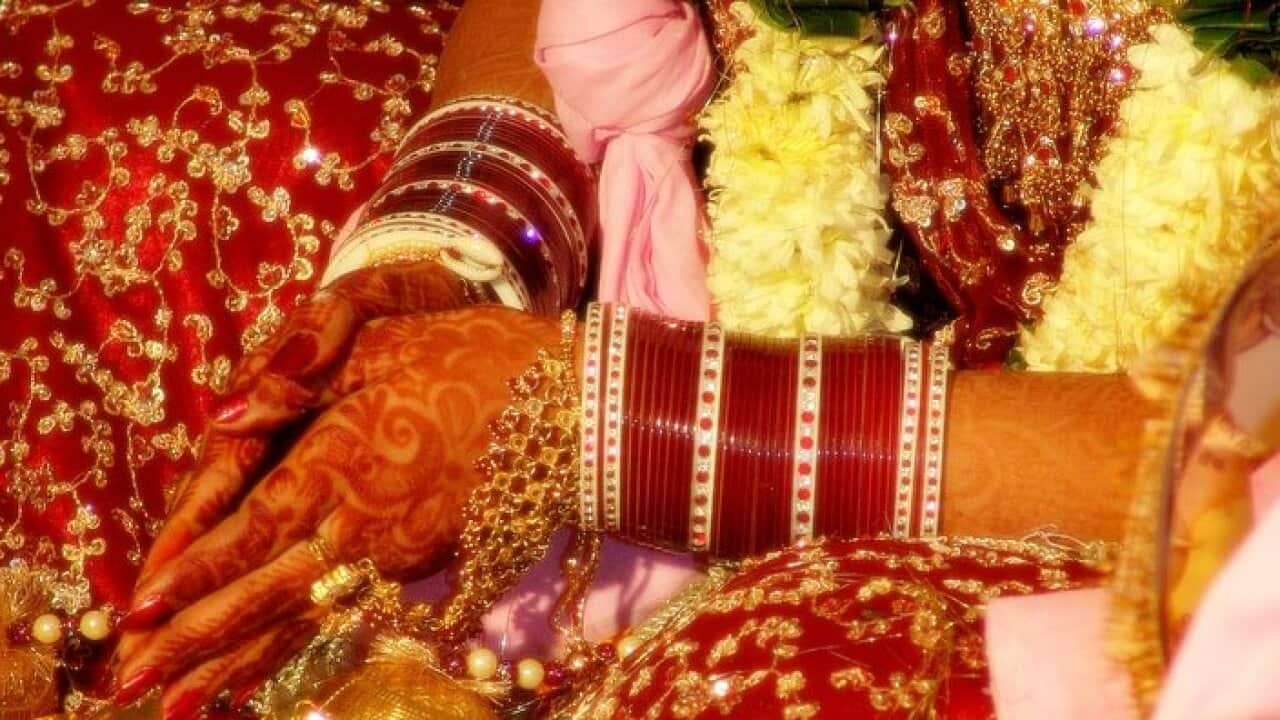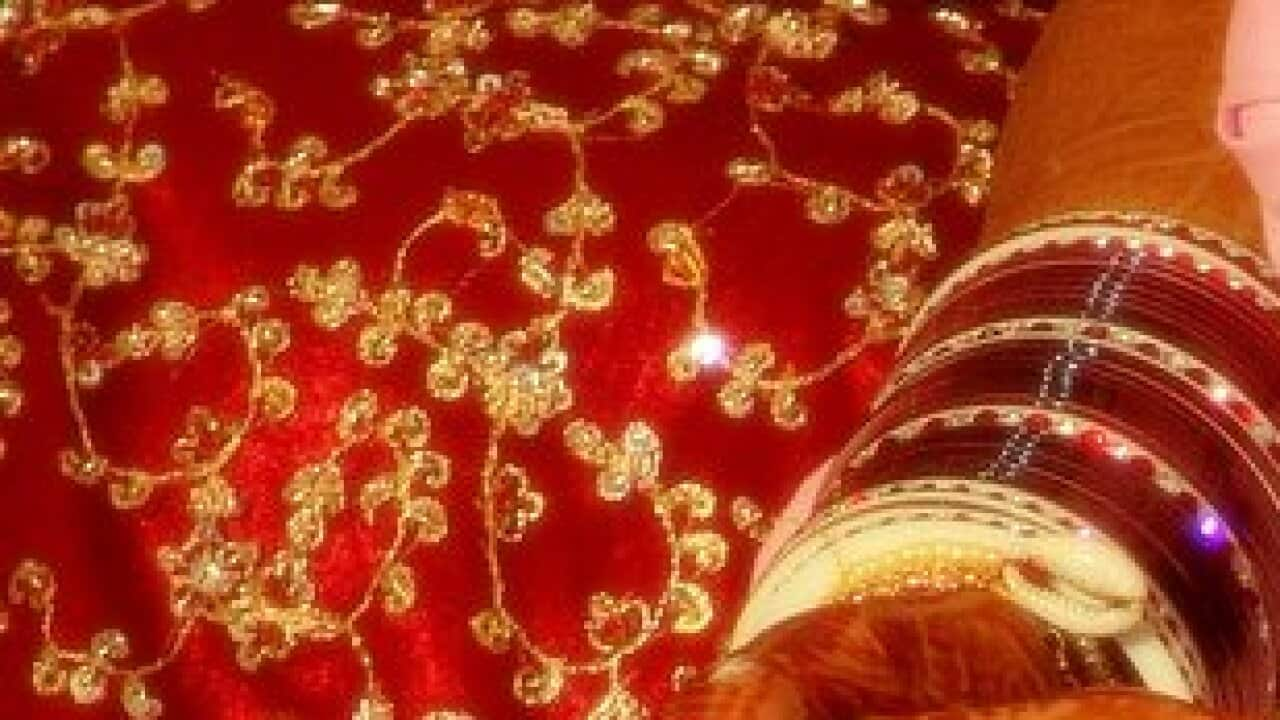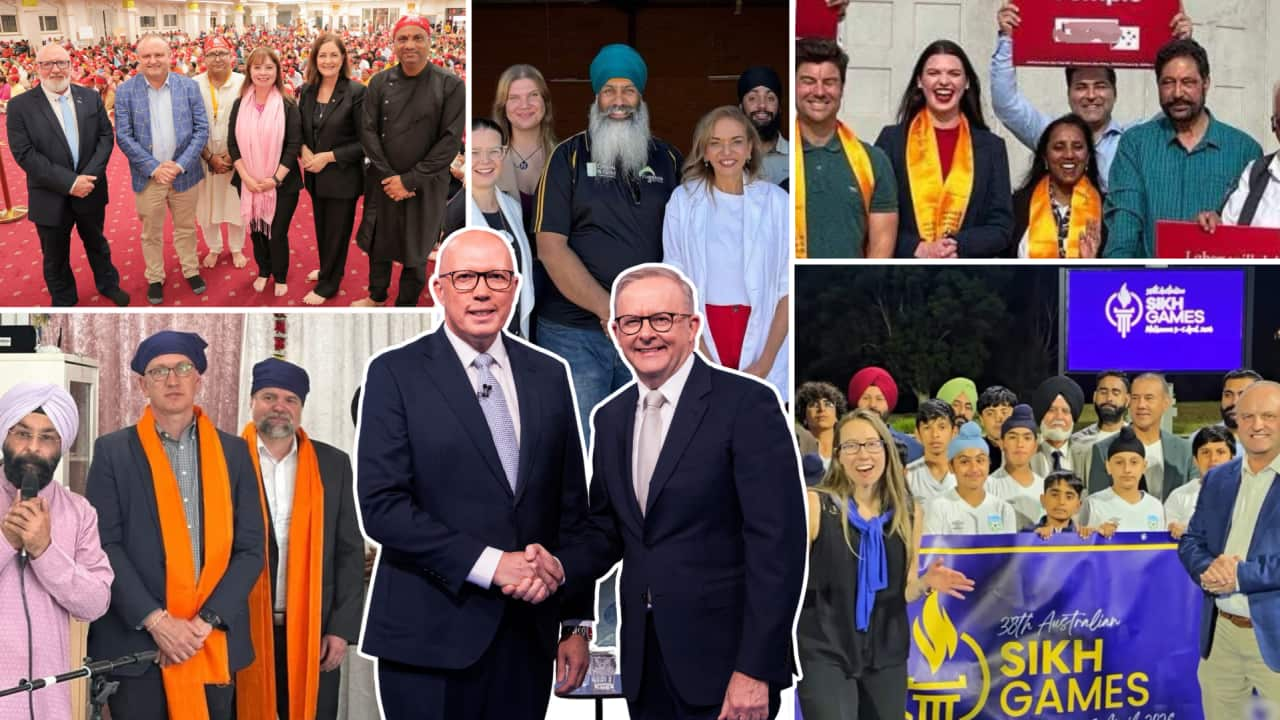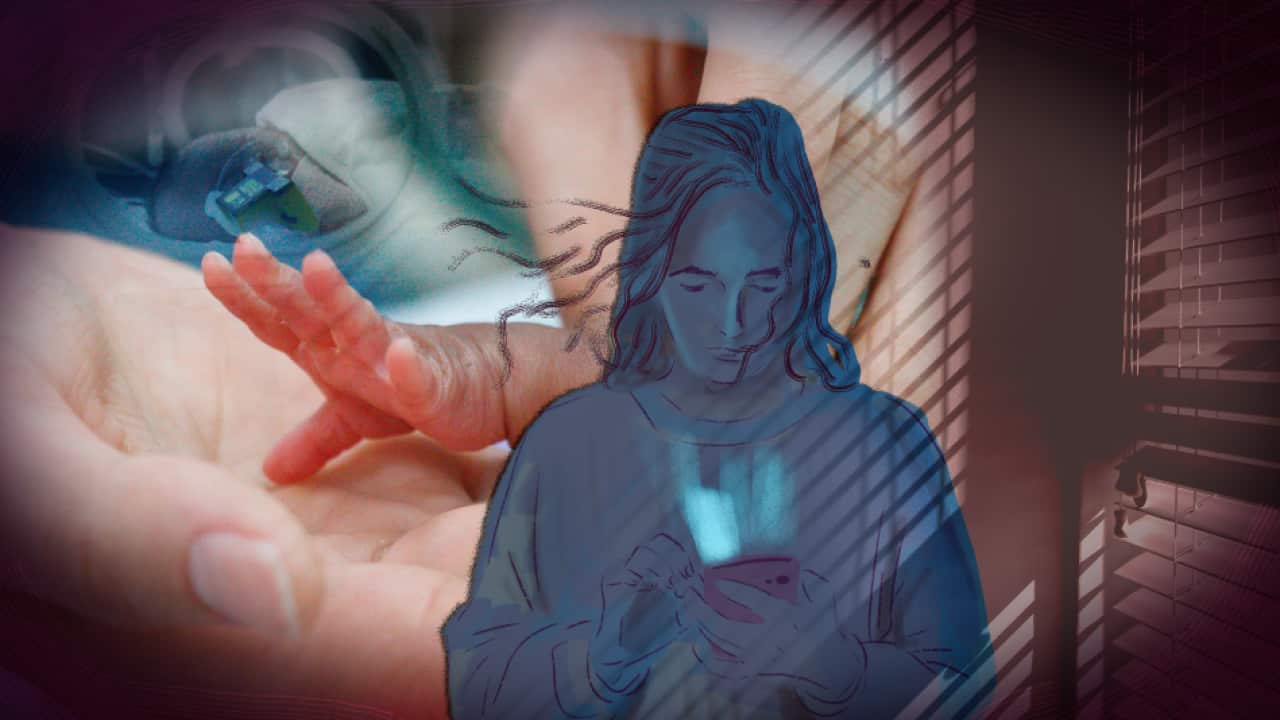An Indian-born woman, who agreed to speak with SBS if her voiced was disguised, says she plans to share the darkest memories of her year-long marriage with Australia's inquiry into dowry abuse.
She says the dowry linked to her wedding led to horrendous abuse at the hands of her former husband.
"He was continuously abusing me, torturing me. At times, he used to beat me, asking me for more dowry. I cried. At times, I even felt like dying. But then I'd just think of my parents, my family, and I just gathered all my strength and said, 'No, I cannot give up."
The cultural practice of dowry involves brides' families often paying their husbands cash, gold or other gifts in marriage.
In India, the practice was outlawed back in 1961.But in Australia, it remains legal.
Analysts say dowry is a common source of domestic violence among migrants, especially those from the Asian Subcontinent and Africa.
Victorian MP Julian Hill questions how the practice is still happening in Australia.
"Why are we getting reports of family violence, murders, suicides, in response to dowry and dowry abuse? This is a practice that most Australians would not even realise is alive and well and, indeed, seems to be growing in some newly arrived communities. The anecdotal reports which we heard through the Victorian Royal Commission into Family Violence and, indeed, over the last few years through media around Australia are horrific."
Julian Hill advocates for national action against the problem.
"There's been evidence that dowry and dowry abuse are not issues limited to Victoria. There's been cases recorded in Sydney, in Adelaide, Perth and, no doubt, other parts of Australia how the migration system may actually be enabling dowry abuse, to whether putting a price on a woman in modern Australia is acceptable. I don’t think it is."
Victoria’s lower house of parliament voted in favour of new laws to protect victims in July.
The laws do not ban dowry but, instead, aim to better recognise victims' complaints.
A council member for the Law Institute of Victoria, Molina Asthana, (ASS-thah-nah) says the state is expected to become Australia's first to legally target such abuse.
"What it means really is that, now, it will be recognised as a form of family violence. So I think that will give an understanding -- the courts will understand, the police will understand -- how it can lead it to family violence and the coercion that happens before and continues even right after marriage for many, many years. Hopefully, Australia is the first country that recognises this as a problem and deals with it and sets an example for the rest of the world.”
Victoria is home to almost 40 per cent of Australia’s Indian community.
Some from that community say dowry-related abuse cases are isolated and existing laws are adequate.
The president of the Australia Indian Society of Victoria, Dr Gurdip Aurora, says he shares that view.
"All children who are born here will not subscribe to anything like a dowry. If somebody asks for a dowry, I think they'll just straightaway say, 'Get lost, we won't marry you.' The dowry that is the issue has occurred way back in India. The dowry has occurred in India, it hasn't occurred here."
But psychiatrist Manjula O’Connor, founder of the Australasian Centre for Human Rights, says she wants the practice of dowry banned across Australia.
"The number of women who are suffering from this is going to increase as the migration from the Subcontinent increases. Migrants from the Subcontinent are amongst the biggest group of new migrants arriving in the country. So we need to protect the women, who are so vulnerable."
Victims are being asked to recount their experiences of physical, financial and emotional abuse through public submissions to the Senate inquiry into the problem.
The Indian-born woman whose voice SBS has disguised says the inquiry is important.
"So I just hope that it comes out with something positive, that dowry law is made in Australia, because, a lot of Indians, they are in Australia so that they do not suffer."
The deadline for submissions to this inquiry is 17 August 2018, and a report will be released on 6 December 2018.
NOTE: “If you or someone you know is impacted by domestic or family violence, call 1800RESPECT on 1800 737 732 or visit . In an emergency, call 000.”
SBS Punjabi's award winning documentary on family violence in the Australian Indian community
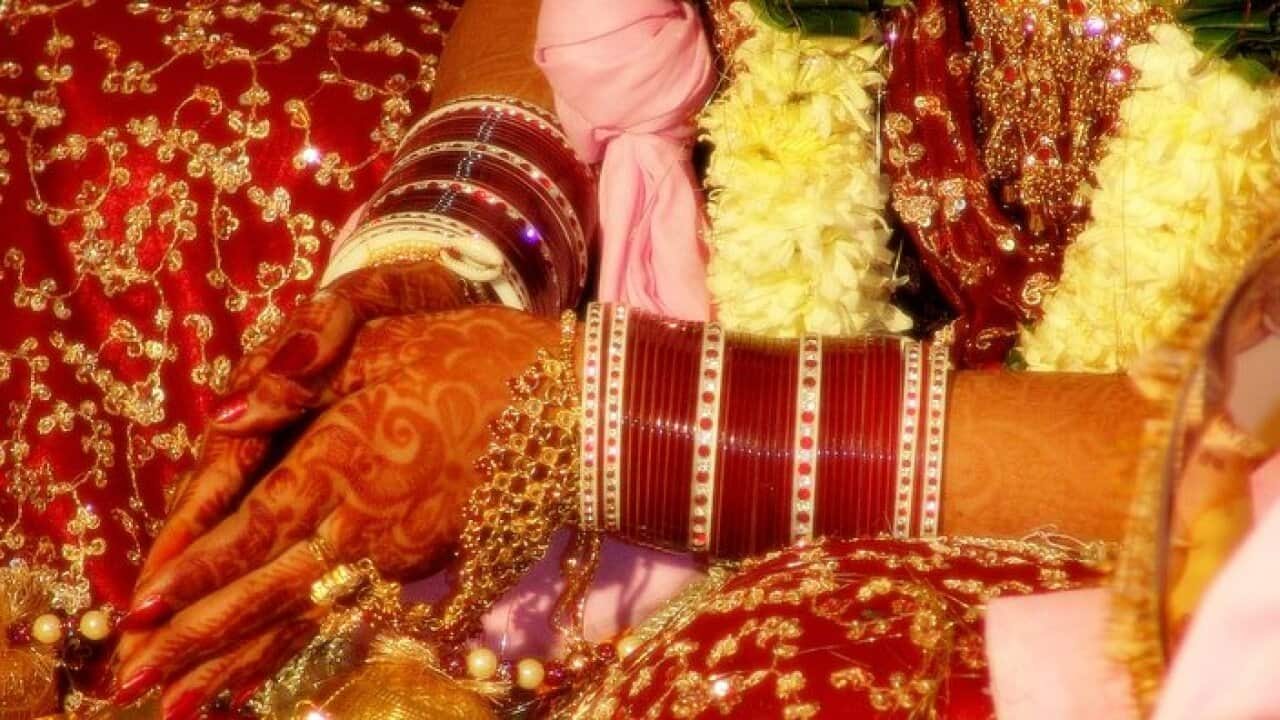
'The Enemy Within' (English Version)
More from SBS Punjabi
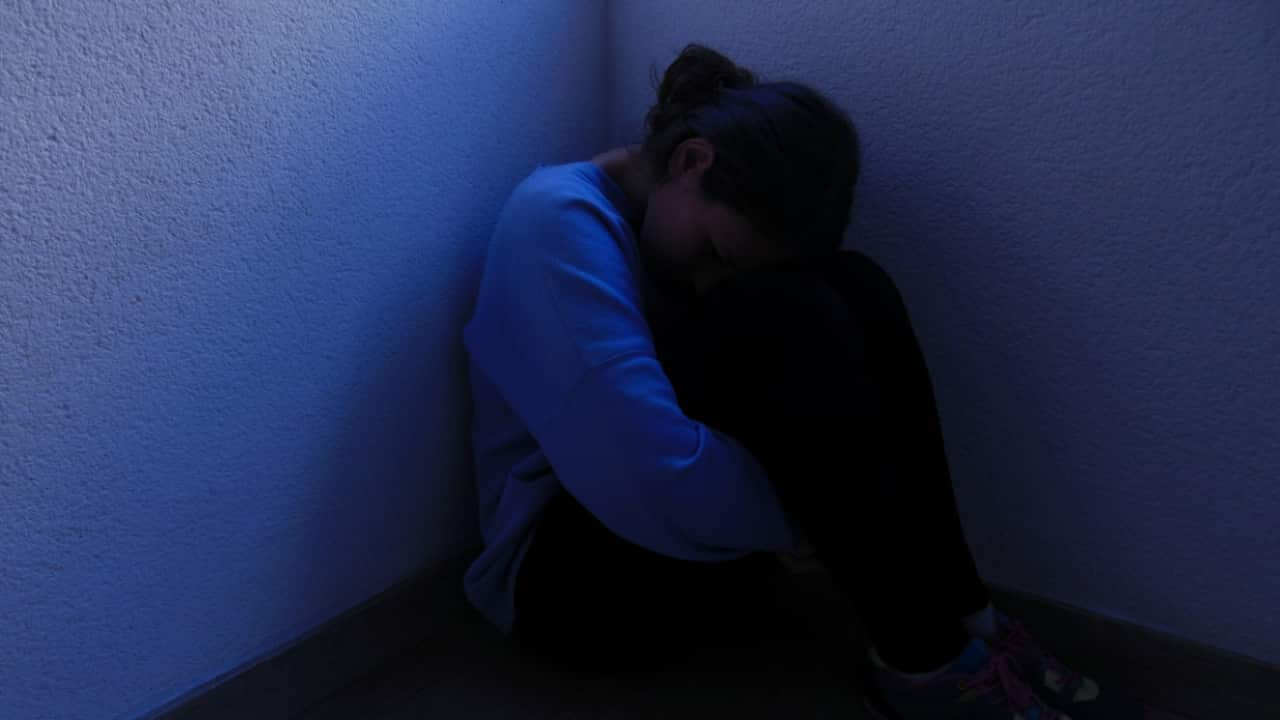
‘I married my rapist’

